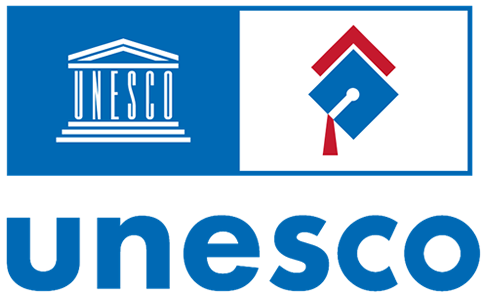Misconceptions about (the end of) internationalization, challenges and opportunities for the future
Resumo
Internationalisation is a key driver in modern higher education. From a rather marginal and fragmented issue in most countries and institutions of higher education until the end of the 1980s, it has evolved over the past 30 years into a mainstream and central component of policies and practices in higher education, at the international, regional, national and institutional level. One of the main challenges for the future is the new political climate in Europe, United States of America but also elsewhere, a nationalist reaction to the increased globalisation of our economies and societies, with potential negative implications for its internationalisation. This contribution deals with those challenges and in particular the misconceptions in internationalisation of higher education that to a large extent have contributed to this inward-looking trend around the world. How to overcome the misconceptions and challenges to internationalisation and create a sustainable and comprehensive internationalisation for all students and faculty is the agenda for the future.
Aviso de direitos autorais
Os direitos autorais permitem a proteção do material original e impedem o uso do trabalho de outras pessoas sem permissão. O IESALC da UNESCO adere às licenças Creative Commons na publicação de acesso aberto da ESS. Especificamente, os textos publicados nesta revista estão sujeitos a uma licença Creative Commons Attribution-NonCommercial 4.0 International (CC BY-NC 4.0): A ESS é uma revista de acesso aberto, o que significa que todo o conteúdo está disponível gratuitamente para o usuário ou sua instituição. Os usuários podem ler, fazer download, copiar, distribuir, imprimir, pesquisar ou criar links para o texto completo dos artigos, ou usá-los para qualquer outra finalidade legal, sem solicitar permissão prévia da editora ou do autor; sempre certificando-se de citar o autor. O uso comercial não é permitido. A ESS exige que os autores aceitem o Aviso de Direitos Autorais como parte do processo de submissão. Os autores retêm todos os direitos.
A licença completa pode ser encontrada em https://creativecommons.org/licenses/by-nc/4.0/
![]() Atribuição — Não-Comercial (CC BY-NC 4.0)
Atribuição — Não-Comercial (CC BY-NC 4.0)
Esta revista não cobra dos autores pela submissão ou processamento dos artigos. Os autores das contribuições receberão um aviso de recebimento de que o trabalho chegou à equipe editorial da Revista.




.png)
